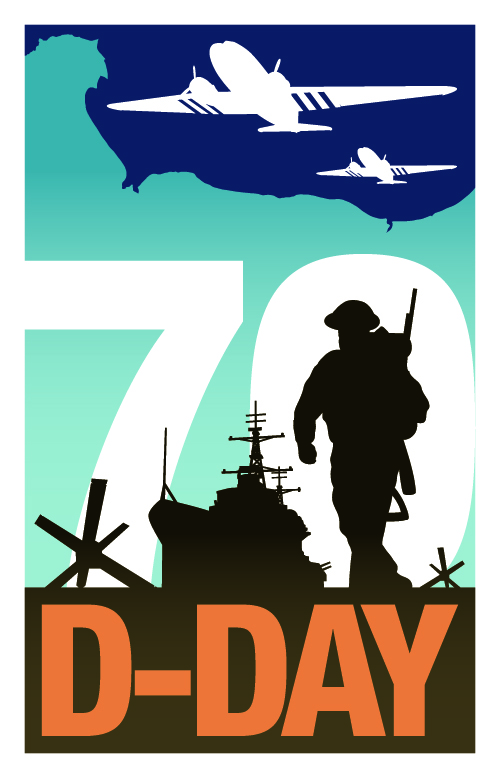28th May 2014 Paris, France
Commemorating D-Day: the past and the future

Next week, we will be commemorating the 70th anniversary of the D-Day Landings in Normandy, and, for the UK, we have the honour of Her Majesty The Queen, HRH The Duke of Edinburgh in Normandy for 6 June, joined by HRH The Prince of Wales, the Duchess of Cornwall, and briefly His Royal Highness The Duke of Cambridge, Prince William, and the Duchess of Cambridge. They will be going to Arromanches for the commemoration of the British landings there.
Transcript (continued)
D-Day was an extraordinary military exploit. The hardest task of all, military people will tell you, is to make an amphibious landing against a heavily defended enemy coastline. The Nazi occupiers of France had had four years to fortify the coast, and the allied forces had to get ashore, sustain themselves and then move out into the liberation of Normandy. It must have been one of the largest ever concentrations of military power.
What we are remembering 70 years later obviously are the sacrifices made, on all sides, by all the fighting forces, and also the losses of French civilians: 15 000 were killed before D-Day and another 20 000 over the course of the liberation of Normandy.
It’s an opportunity to think about the values that the young fighting men of that period were prepared to fight and to die for. They were helping to secure freedom and democracy on the continent. It was a turning point in the war; the beginning of the so-called second front, and eventually the liberation of France and other parts of Western Europe. The sacrifices they made, the willingness to work together in an enormous alliance for peace and a better life are things that need to be transmitted to the new generation and during the D-Day commemorations this year we will have of course the presence of the veterans – 650 British veterans, the youngest of whom must be now 90 years old – but also importantly a lot of young people, so that we can pass the message about what the events of those times 70 years ago stood for, what they can tell us today about the importance of defending our rights and our freedoms.
I’ll talk more next week about the State Visit by Her Majesty and His Royal Highness The Duke of Edinburgh, because the visit to Normandy is part of the wider State Visit to France.
The whole Embassy are mobilised to make sure that we can play our part in ensuring a successful visit by the members of the Royal Family, by the ministers who will also be present in Normandy, and that this can be a truly memorable commemoration in the presence of our courageous veterans.